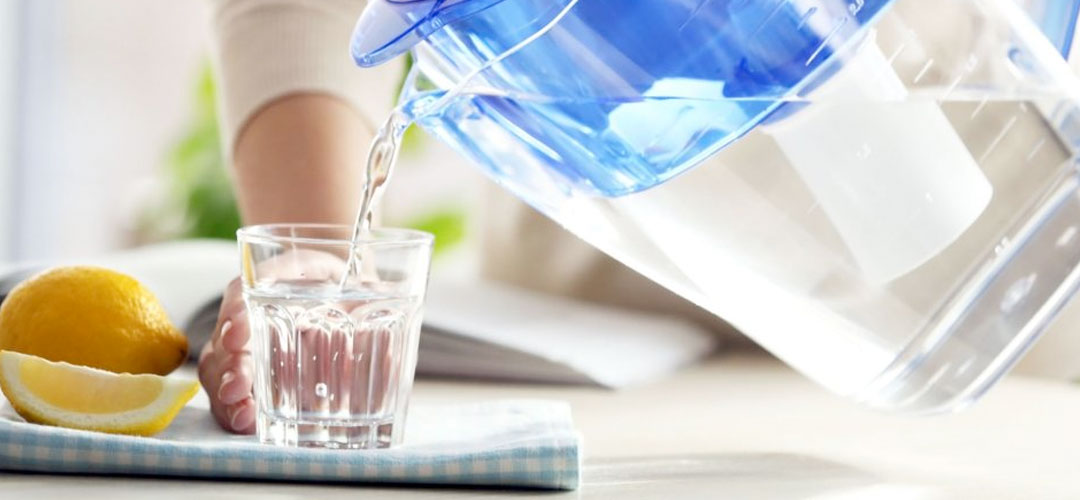
Exposure to environmental toxins is nearly unavoidable. From air pollution and household chemicals to pesticides and microplastics, these toxins can have a profound impact on human health.
While we cannot completely eliminate exposure, understanding the risks and adopting strategies to minimise them can significantly improve well-being.
This article explores the effects of environmental toxins on health and practical ways to reduce your exposure.
• What Are Environmental Toxins?
Environmental toxins are harmful substances found in the air, water, soil, and everyday products. They can be naturally occurring or man-made and include:
-
- Air Pollutants: Carbon monoxide, nitrogen dioxide, and particulate matter.
- Heavy Metals: Lead, mercury, and arsenic.
- Endocrine Disruptors: Bisphenol A (BPA), phthalates, and dioxins.
- Pesticides: Chemicals used in agriculture and pest control.
- Microplastics: Tiny plastic particles found in food, water, and the environment.
• The Effects of Environmental Toxins on Health
-
- Respiratory Issues
Airborne toxins, such as particulate matter and volatile organic compounds (VOCs), can irritate the respiratory system, leading to conditions like asthma, bronchitis, and chronic obstructive pulmonary disease (COPD). - Hormonal Disruptions
Endocrine disruptors interfere with hormone production and balance, potentially causing issues such as infertility, thyroid dysfunction, and developmental disorders. - Neurological Problems
Exposure to heavy metals and certain chemicals can damage the nervous system, leading to cognitive decline, memory issues, and developmental delays in children. - Cancer Risks
Many environmental toxins, such as benzene and asbestos, are classified as carcinogens, increasing the risk of various cancers with prolonged exposure. - Immune System Suppression
Chronic exposure to toxins can weaken the immune system, making the body more susceptible to infections and diseases. - Skin Conditions
Toxins in skincare products, water, and air can lead to skin irritations, allergies, and accelerated ageing.
- Respiratory Issues
• How to Reduce Exposure to Environmental Toxins
While it’s impossible to avoid all toxins, these strategies can help you minimise exposure:
1. Improve Indoor Air Quality
-
- Use air purifiers to remove pollutants and allergens.
- Ventilate your home by opening windows regularly.
- Avoid smoking indoors and limit the use of VOC-emitting products like paints and cleaners.
2. Choose Natural Cleaning Products
-
- Opt for non-toxic, biodegradable cleaners.
- Make DIY cleaners using vinegar, baking soda, and essential oils.
DIY All-Purpose Cleaner Recipe
Ingredients:
- 1 cup white vinegar
- 1 cup water
- 2 teaspoons baking soda
- 10–15 drops of essential oil (e.g., tea tree, lavender, or lemon)
Instructions:
-
- In a spray bottle, combine the water and vinegar.
- Add the baking soda carefully (it may fizz slightly when mixed with vinegar).
- Add the essential oil of your choice for a pleasant fragrance and added antibacterial properties.
- Shake the bottle gently to mix all ingredients.
- Use this cleaner on kitchen worktops, sinks, and other surfaces. Avoid using on natural stone like granite or marble, as vinegar can damage these surfaces.
3. Eat Organic Foods
-
- Reduce pesticide exposure by choosing organic fruits, vegetables, and grains.
- Wash produce thoroughly to remove surface residues.

4. Filter Your Water
-
- Install a high-quality water filter to reduce contaminants like chlorine, lead, and microplastics.
- Drink filtered or bottled water from safe sources.
5. Be Mindful of Personal Care Products
-
- Choose skincare and beauty products free from parabens, phthalates, and synthetic fragrances.
- Explore Lily & Loaf’s range of natural and toxin-free personal care items.
7. Limit Exposure to Pesticides
-
- Use natural pest control methods in your garden and home.
- Wear protective clothing when handling pesticides and wash thoroughly afterwards.
• The Role of Supplements in Detoxification
Certain supplements may support the body’s natural detoxification processes, helping to eliminate toxins more effectively. For example:
- Chlorophyll: Chlorophyll supports liver detoxification and helps reduce oxidative stress.
- Activated Charcoal: Binds to toxins in the digestive tract for easier elimination.
- Probiotics: Support gut health, which plays a critical role in detoxification and immunity.
• Living a Cleaner, Healthier Life
Environmental toxins may be pervasive, but with mindful choices and proactive steps, you can reduce your exposure and protect your health. By improving air and water quality, choosing natural products, and supporting detoxification with supplements, you can create a healthier environment for yourself and your family.
Take control of your well-being today by making small, intentional changes that lead to lasting health benefits. Explore Lily & Loaf’s range of natural products to support your journey toward a toxin-free lifestyle.
Disclaimer:
Information and other content provided in Lily & Loaf blogs should not be construed as medical advice and should not be considered a substitute for professional medical expertise. If you have any medical concerns, you should consult with your health care provider.





